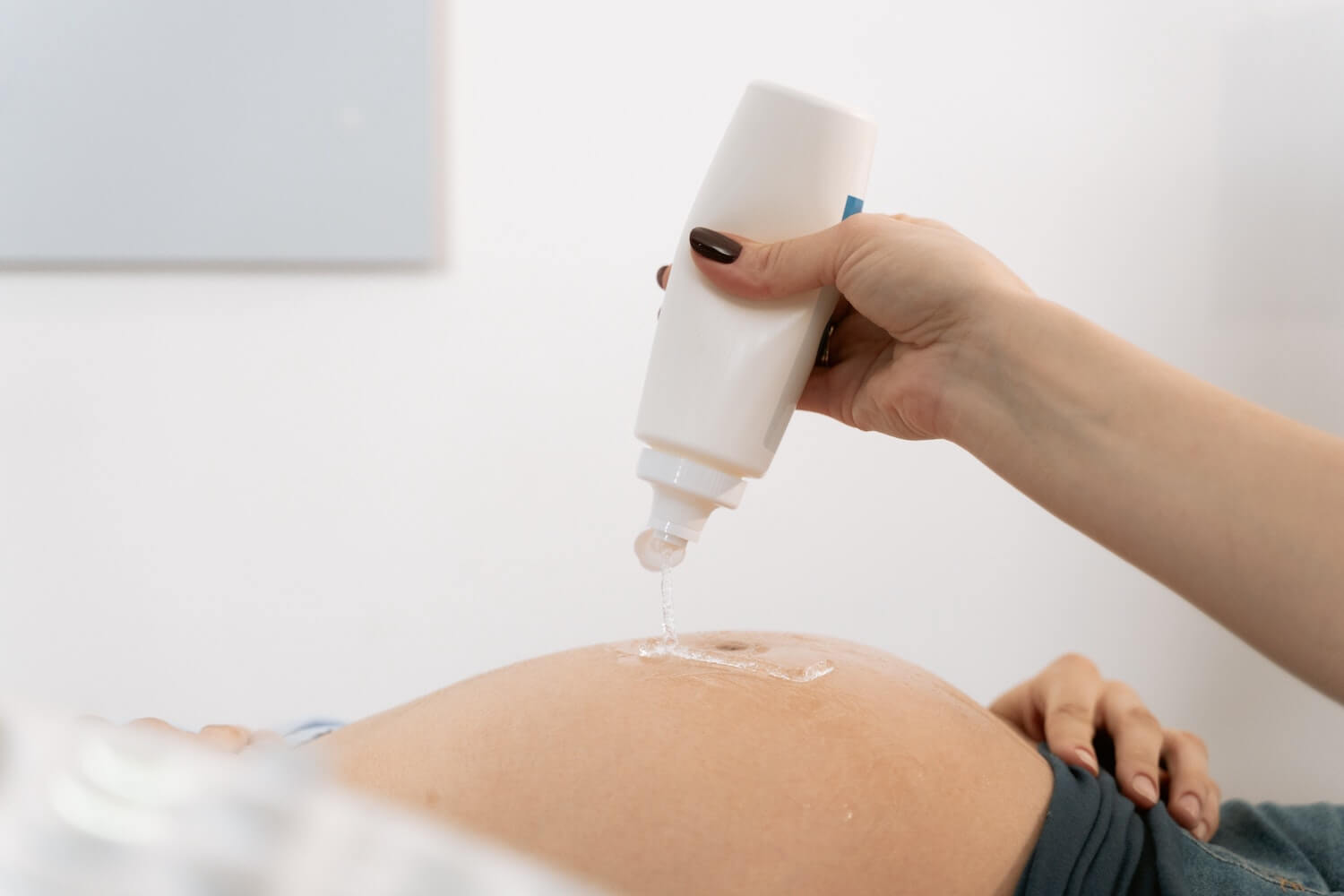
Transfer day is one of the most exciting milestones during a surrogacy journey. After weeks of screenings, doctor visits, medications, signing contracts, connecting with the intended parents, and lots of growing anticipation, you’re finally ready for the embryo to be transferred.
Most surrogates and intended parents want to know right away if the transfer was successful since the procedure is over so quickly. But, then you wait.
The waiting period to receive a positive pregnancy result can feel like an eternity for both the surrogate and the intended parents. At GSHC Surrogacy Agency, we confirm all surrogate pregnancies by listening for the fetal heartbeat via ultrasound—an appointment that occurs almost 6 weeks post-transfer!
Some fertility clinics will confirm the pregnancy via a blood test to detect your hCG levels after about 5 days. Unfortunately, this type of bloodwork can give false-positive results for a number of reasons.
Why You Might Get a False-Positive Result with Bloodwork Testing
Chemical Pregnancy
A chemical pregnancy is a very early pregnancy loss that occurs if the embryo is unable to fully implant or grow in the uterus. Chemical pregnancies are more common than you would think—with many experts suggesting they may account for up to 70 percent of all conceptions.
Certain Medications
Some medications can also cause false-positive pregnancy readings. They include but aren’t limited to:
- Diuretics, like furosemide
- Antihistamines, including promethazine
- Fertility medications, like the hCG trigger shot
hCG Levels are Falling, not Rising
If hCG was detected in your bloodwork, this does indicate a correct positive. However, in this case, it could be that your hCG levels were initially high, but continue to fall after the positive result. This could indicate that the pregnancy is not viable and might be a sign of a miscarriage.
What to Expect with a Confirmation of Heartbeat via Ultrasound
By listening for the fetal heartbeat, we can confirm a surrogate pregnancy with much higher accuracy than any other type of test. And, per our surrogate contract, your compensation begins with the confirmation of pregnancy via heartbeat ultrasound—not through your hCG levels.
The ultrasound generally takes place around 6-7 weeks gestation. We understand that this is a long wait, but it will be well worth it! During this exciting milestone appointment, you’ll hear the baby’s heartbeat for the first time and can even request that the doctor make a recording for the intended parents.
While it might feel like a relief to take an at-home pregnancy test or to get a positive result via bloodwork before the appointment, there’s nothing like seeing that tiny baby’s heartbeat fluttering on the ultrasound screen—sound, steady, and full of life.
Are you ready to begin your surrogacy journey? Complete our Surrogate Intake Form to get started.



Comments